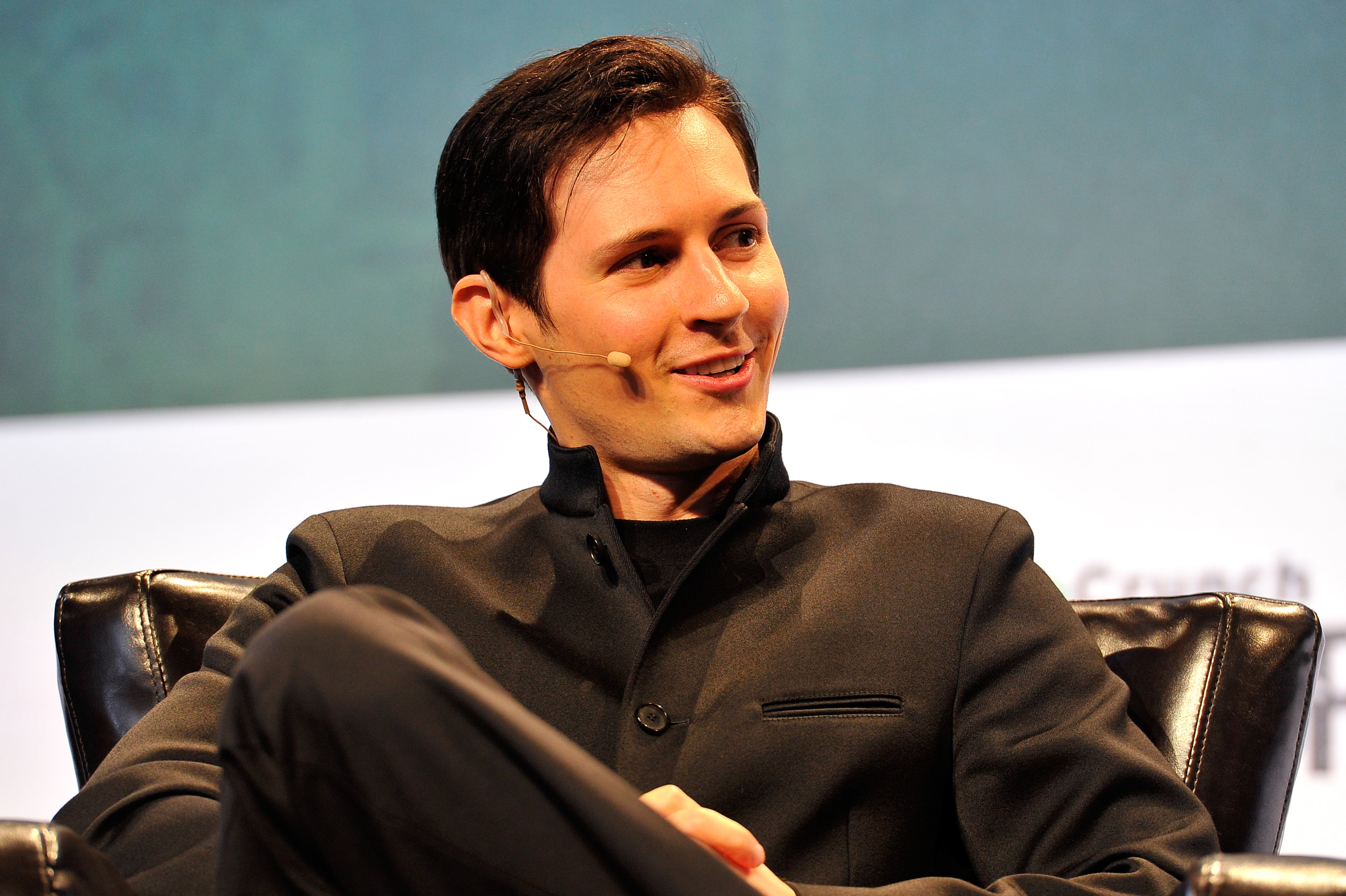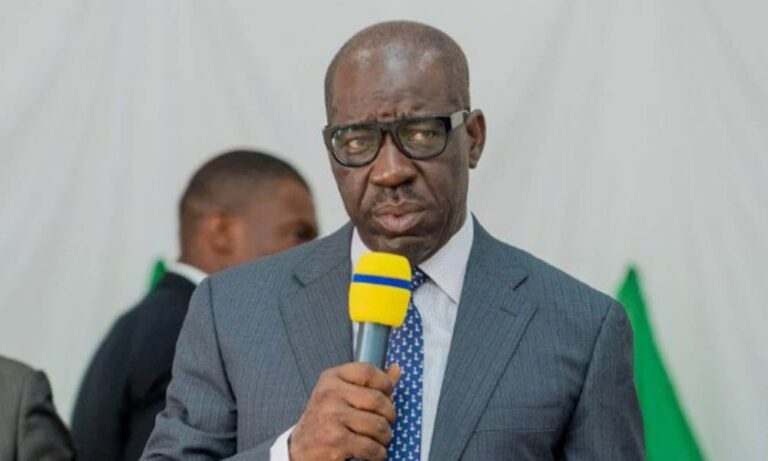Russian-Born Telegram Founder Reportedly Detained in France: What We Know
Pavel Durov, the Russian-born billionaire founder and CEO of the messaging app Telegram, was reportedly detained by French authorities on Saturday evening.
According to Reuters, citing French media outlets TF1 TV and BFM TV, Durov was arrested upon arrival in his private jet at Le Bourget Airport outside Paris. The tech entrepreneur was allegedly targeted by an arrest warrant as part of a preliminary police investigation.
Newsweek contacted The French Interior Ministry and Telegram via online form on Saturday for comment.
The investigation reportedly centers on Telegram’s alleged lack of content moderation. French authorities claim this deficiency has potentially allowed criminal activities to flourish unchecked on the popular messaging platform, which boasts over 900 million active users globally and is known for its strong encryption and commitment to user privacy.
The app is extremely influential in Russia and Ukraine, as well as ranked as one of the major social media platforms after Facebook, YouTube, WhatsApp, Instagram, and TikTok. These features have made Telegram popular among those seeking secure communication channels, including activists, journalists, and dissidents in authoritarian countries.
However, these same attributes have drawn criticism from governments and law enforcement agencies, who argue that the platform can be exploited by criminal elements.
Durov’s journey to becoming one of the most influential figures in the tech industry is as intriguing as it is controversial. Born in Russia, he first gained prominence as the founder of VK, often referred to as the “Russian Facebook.”
However, his refusal to comply with demands to shut down opposition communities on the platform led to his departure from Russia in 2014. Durov currently lives in Dubai and holds a dual citizenship of the United Arab Emirates and France.
This clash with authorities over free speech and privacy issues has been a recurring theme in Durov’s career.
In an interview with Tucker Carlson in April of this year, Durov shed light on his experiences with government pressure, not just from Russia, but also from the United States.
The tech founder alleged that the U.S. government had attempted to create a “backdoor” into Telegram, potentially to spy on its users. According to Durov, FBI agents approached one of his engineers in an attempt to persuade them to integrate certain open-source tools into Telegram’s code that could serve as backdoors.
Durov’s allegations against the U.S. government extend beyond the alleged backdoor attempt. He recounted instances of FBI agents greeting him at airports and even showing up at his rented house during breakfast. While Durov acknowledged that the agents were “doing their job,” he expressed discomfort with the level of attention Telegram was receiving from U.S. authorities.
The tech CEO also claimed to have received conflicting letters from members of Congress following the January 6, 2021, riots at the U.S. Capitol. One letter reportedly requested data on Telegram users allegedly involved in the riots, while another warned against sharing any such data. Durov stated that Telegram chose to ignore both requests due to the complexity of U.S. internal politics.
The timing of the incident is particularly noteworthy, coming at a moment when many countries are grappling with how to regulate social media and messaging platforms.
The European Union (EU), for instance, has recently implemented the Digital Services Act, which imposes new obligations on large tech companies to police illegal content on their platforms. France, as a key member of the EU, has been at the forefront of efforts to hold tech companies accountable for content shared on their platforms.
As news of Durov’s reported detention spreads, Telegram users around the world are watching closely to see how this situation unfolds. The platform has become an essential communication tool for many, and any disruption to its operations could have far-reaching consequences.








